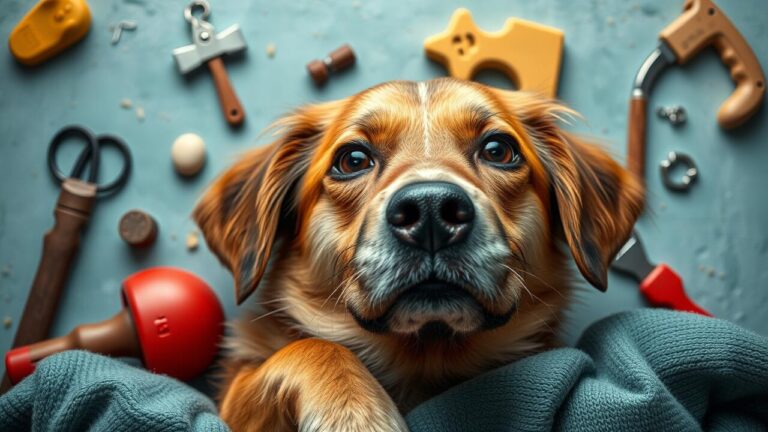Why Dog Socialization is Important for Dog Rescues
Socialization Challenges Faced by Rescued Dogs
Rescued dogs often face significant challenges when it comes to socialization. Many of these dogs have backgrounds that include neglect, abuse, or limited exposure to positive interactions with humans or other animals. This can lead to various behavioral issues such as fear, aggression, and anxiety. As a result, rescued dogs may struggle to trust new people or animals, making it difficult for them to adapt to new environments or form lasting bonds with their adoptive families.
Additionally, the lack of early socialization experiences can impact a dog’s ability to communicate effectively with others. Without proper socialization, rescued dogs may exhibit behaviors such as excessive barking, growling, or even biting when they feel threatened or anxious. These communication challenges can further isolate the dog and make it harder for them to build positive relationships. Given these obstacles, it is crucial for rescues to prioritize socialization efforts in order to help these dogs overcome their past traumas and lead fulfilling lives in their new homes.
Addressing Aggression and Behavioral Issues
Addressing aggression and behavioral issues in rescued dogs can be a challenging yet crucial aspect of their socialization process. Many dogs coming from shelter environments may have experienced trauma or neglect, leading to behavioral issues such as fearfulness, anxiety, or aggression. These issues can manifest in various ways, including growling, snapping, or destructive behavior. It is essential for owners and trainers to address these behaviors with patience, understanding, and consistent training methods to help the dogs overcome their past experiences and build trust with humans.
Professional guidance from trainers or behaviorists is often necessary to develop a tailored plan for each dog based on their specific needs and triggers. Positive reinforcement techniques, reward-based training, and desensitization exercises can all play a significant role in helping rescued dogs learn new, positive behaviors while unlearning negative ones. By addressing aggression and behavioral issues head-on, owners and trainers can provide a safe and supportive environment for rescued dogs to thrive and eventually become well-adjusted pets in their forever homes.
Socialization Activities for Rescued Dogs
Socialization activities play a crucial role in helping rescued dogs adjust to their new environment and build positive relationships with humans and other animals. Group training classes are a beneficial way to expose these dogs to different social situations in a controlled setting. Such classes provide opportunities for rescued dogs to interact with other canines, practice basic commands, and learn how to behave in a group setting. Additionally, playdates with other friendly and well-socialized dogs can help rescued canines develop their social skills and boost their confidence.
Incorporating a variety of socialization activities into a rescued dog’s routine can significantly improve their overall behavior and mental well-being. Being exposed to different environments, people, and animals helps these dogs become more adaptable and less fearful of new situations. Through consistent socialization efforts, rescued dogs can learn how to navigate social interactions successfully and increase their chances of finding a forever home where they can thrive.
Group Training Classes and Playdates
Group training classes and playdates are valuable tools for helping rescued dogs develop social skills and positive interactions with other dogs and people. These structured activities provide a controlled environment where dogs can learn how to behave appropriately in different social situations. Interaction with a variety of dogs in group classes helps rescued dogs build confidence and learn how to communicate effectively through body language and play.
Playdates offer an informal setting for dogs to engage in play and socialize with their peers. These opportunities allow rescued dogs to practice their social skills in a relaxed and fun environment. By engaging in playdates, dogs can learn how to read social cues, share toys, and navigate different play styles. Additionally, these interactions can help build trust and positive relationships with other dogs, promoting a sense of camaraderie and belonging among rescued pups.
The Role of Consistency in Dog Socialization
Consistency plays a crucial role in the socialization process for rescued dogs. By maintaining a structured routine and stable environment, dogs are better able to adapt and feel secure in their surroundings. Dogs thrive on predictability and routine, as it helps them build trust and confidence in their human caregivers. Consistency in training methods, handling, and interactions with other animals and people can help promote positive behavior in rescued dogs.
When implementing a consistent socialization routine, it’s important to focus on reinforcing desired behaviors and addressing any issues promptly. Dogs learn through repetition and reinforcement, so consistency in training commands and expectations is key. By providing clear guidance and setting boundaries consistently, rescued dogs can better understand what is expected of them and feel more secure in their interactions with others. Consistency also helps in building a strong bond between the dog and their new family, setting a solid foundation for a successful long-term relationship.
Implementing a Structured Socialization Routine
Implementing a structured socialization routine is crucial for rescued dogs to help them adapt to new environments and build positive interactions with humans and other animals. Consistency is key in this process as it provides stability and predictability that can aid in reducing anxiety and fear in these dogs. By establishing a regular schedule for socialization activities, such as daily walks in different environments or supervised interactions with other friendly pets, rescued dogs can learn to feel more secure and comfortable in various situations.
Creating a structured socialization routine also allows trainers and caregivers to monitor the progress of each rescued dog closely. By keeping track of their reactions, behaviors, and emotional responses during socialization activities, adjustments can be made to tailor the routine to the individual needs of each dog. This personalized approach not only fosters better socialization outcomes but also helps in addressing any specific issues or challenges that may arise during the process.
Socialization Benefits Beyond Behavior
Socialization benefits for rescued dogs extend beyond just improving their behavior. One significant advantage is the increased likelihood of adoption and finding forever homes. When dogs are well-socialized, they tend to interact more positively with potential adopters, showcasing their true personality and making them more appealing as pets. This positive interaction often leads to quicker adoptions and reduces the likelihood of dogs being returned to shelters due to behavioral issues.
Furthermore, well-socialized dogs generally adapt more easily to new environments and situations, making the transition to their forever homes smoother. They are better equipped to handle the stress of change and can build strong bonds with their new families faster. This adaptability not only benefits the dog but also enhances the overall satisfaction and happiness of the adopting families, creating a win-win situation for both parties involved.
Improved Adoption Rates and Forever Homes
Improved adoption rates and finding forever homes for rescued dogs are key outcomes of effective socialization efforts. When rescued dogs are well-socialized, they are more likely to exhibit desirable behaviors that potential adopters are looking for. Dogs that are comfortable around people, other animals, and in various environments are more appealing to adopters, increasing their chances of finding a loving forever home.
Furthermore, a well-socialized dog is more adaptable and easier to integrate into a new family environment. Potential adopters are often looking for a companion that will seamlessly fit into their daily lives, and a dog that is socialized is better equipped to adjust to a new home environment. This adaptability enhances the bond between the dog and their new family, creating a harmonious relationship that is more likely to last a lifetime.







